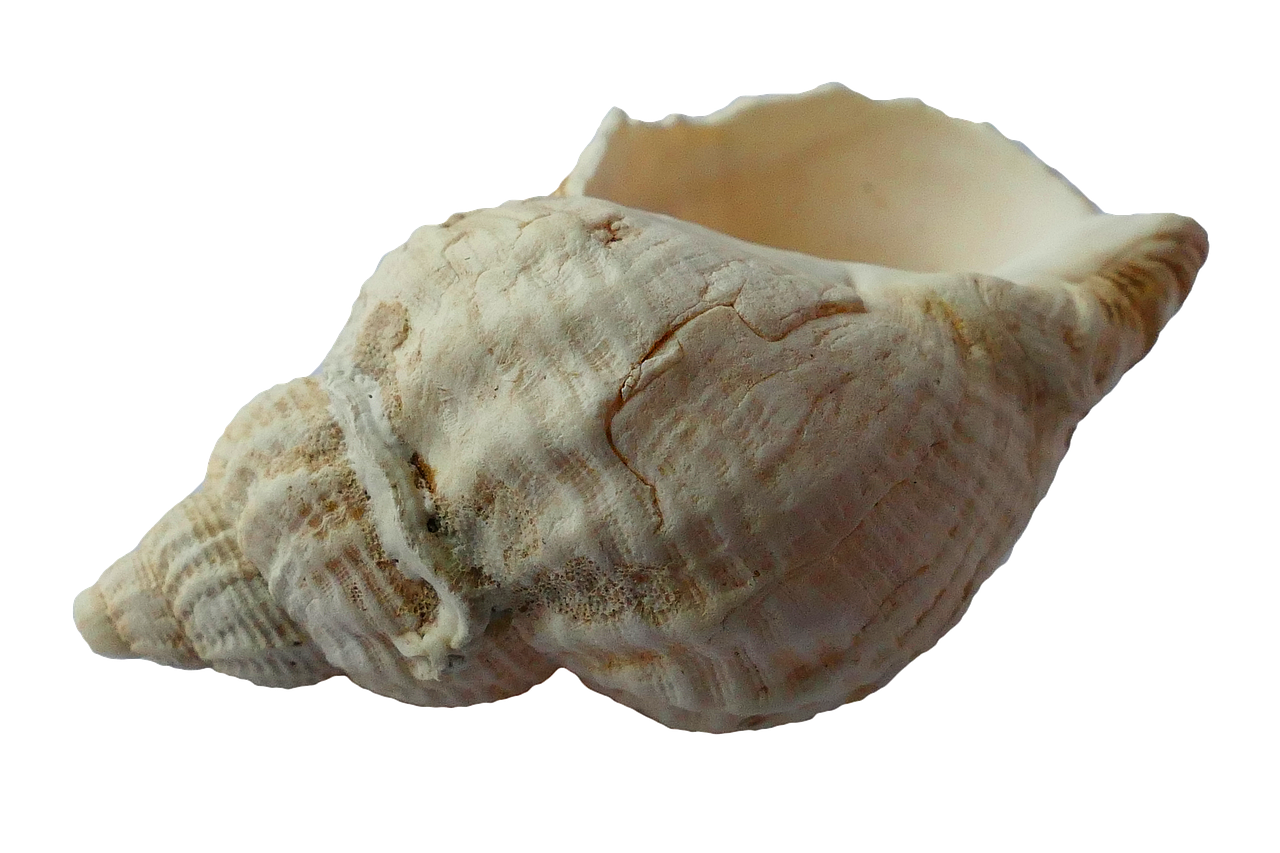Have you ever dreamt of exploring the mysteries of the deep blue sea? If you have a passion for marine life and a desire to make a difference, a career in marine biology might be the perfect fit for you. In the fascinating world of marine biology, you can study and protect our oceans’ precious ecosystems, and even discover new species. This article takes a closer look at the exciting opportunities available for aspiring marine biologists in the United States. From conducting research in world-renowned marine labs to working as conservationists and educators, the USA offers a wide range of rewarding career paths for those eager to dive into the field of marine biology.
Marine Biology Careers in the USA

This image is property of pixabay.com.
Marine Biologist: An Overview
If you have a passion for the ocean and its fascinating inhabitants, a career as a marine biologist may be the perfect fit for you. As a marine biologist, you will have the opportunity to study and explore the diverse and complex ecosystems that exist in oceans, seas, and other bodies of water. Your work will not only contribute to our understanding of marine life, but also help to conserve and protect these fragile environments for future generations.
Education and Training
To pursue a career in marine biology, a solid education and specialized training are essential. Most marine biologists hold a bachelor’s degree in marine biology or a related field, such as biology or zoology. However, to advance in this field and increase your job prospects, a master’s or doctoral degree is often required. Many universities offer marine biology programs that provide a comprehensive education in the various subfields of marine biology, including marine ecology, marine mammalogy, and marine microbiology.

This image is property of pixabay.com.
Skills and Qualifications
In addition to a strong educational background, there are several skills and qualifications that are highly valued in the field of marine biology. Excellent analytical and problem-solving skills are crucial for conducting research and studying complex marine ecosystems. Effective communication skills are also important, as you may be required to present your findings to colleagues, policymakers, and the general public. Additionally, being detail-oriented, adaptable, and having a passion for the environment can greatly enhance your chances of success in this field.
Job Opportunities
There are a wide range of job opportunities available to marine biologists in the USA. Many marine biologists work in research positions at universities, government agencies, and non-profit organizations. These roles involve conducting scientific studies, collecting data, and analyzing samples to improve our understanding of marine life. Other career paths include working in aquariums and zoos, where you may be responsible for caring for marine animals, designing exhibits, and educating the public about marine conservation.

This image is property of pixabay.com.
Academic Opportunities
For those interested in pursuing an academic career, there are opportunities to become a professor or researcher at a university or research institution. These positions allow you to conduct your own research, mentor students, and contribute to the academic community through publications and presentations. Academic positions can be highly competitive, so it is important to have a strong research record and make valuable contributions to your field.
Government and Non-Profit Organizations
Working for government agencies and non-profit organizations is another fulfilling career path for marine biologists. These organizations are dedicated to protecting and conserving marine ecosystems and often have a direct impact on policy and conservation efforts. As a marine biologist in these roles, you may be involved in conducting environmental assessments, monitoring marine populations, and developing conservation plans to ensure the long-term health and sustainability of marine environments.
Private Sector Opportunities
The private sector also offers numerous opportunities for marine biologists. Consulting firms, oil and gas companies, and environmental organizations often hire marine biologists to conduct environmental impact assessments and develop strategies for sustainable resource management. Additionally, there are opportunities in industries such as aquaculture, where you may be involved in breeding and managing marine organisms for commercial purposes.
Field Research and Conservation
One of the most exciting aspects of a career in marine biology is the opportunity to conduct field research and participate in conservation efforts. This often involves spending time at sea or in coastal areas, collecting samples, observing marine life, and documenting their behavior. Field research allows marine biologists to study marine ecosystems in their natural habitats and make important discoveries that can contribute to our understanding of the ocean’s biodiversity and the impact of human activities.
Aquariums and Zoos
Working in aquariums and zoos is another rewarding career path for marine biologists. In these settings, you may be responsible for caring for marine animals, ensuring their health and well-being, and designing educational programs and exhibits to engage the public. This work is essential for raising awareness about marine conservation and inspiring future generations to protect our oceans.
Teaching and Education
If you have a passion for sharing your knowledge and inspiring others, a career in teaching and education may be a good fit for you. Marine biologists can pursue opportunities as high school or college-level teachers, developing curriculum and conducting hands-on experiments to engage students in the study of marine biology. Additionally, organizations such as marine science centers and environmental education programs often hire marine biologists to lead educational programs and outreach activities.
Salary and Job Outlook
The salary and job outlook for marine biologists can vary depending on factors such as education level, location, and type of employer. According to the Bureau of Labor Statistics, the median annual wage for zoologists and wildlife biologists, which includes marine biologists, was $64,230 as of May 2020. Job prospects in the field of marine biology are expected to be favorable, with steady growth anticipated in government and non-profit organizations, as well as an increasing demand for marine biologists in industries such as environmental consulting.
In conclusion, a career in marine biology offers exciting opportunities to study and protect our oceans and the fascinating creatures that inhabit them. With the right education, skills, and passion, you can make a meaningful contribution to understanding and conserving marine ecosystems. Whether you choose to work in research, education, or conservation, a career in marine biology can be both personally fulfilling and crucial for the future health of our planet’s oceans. So dive in, explore the possibilities, and make a splash in the field of marine biology!